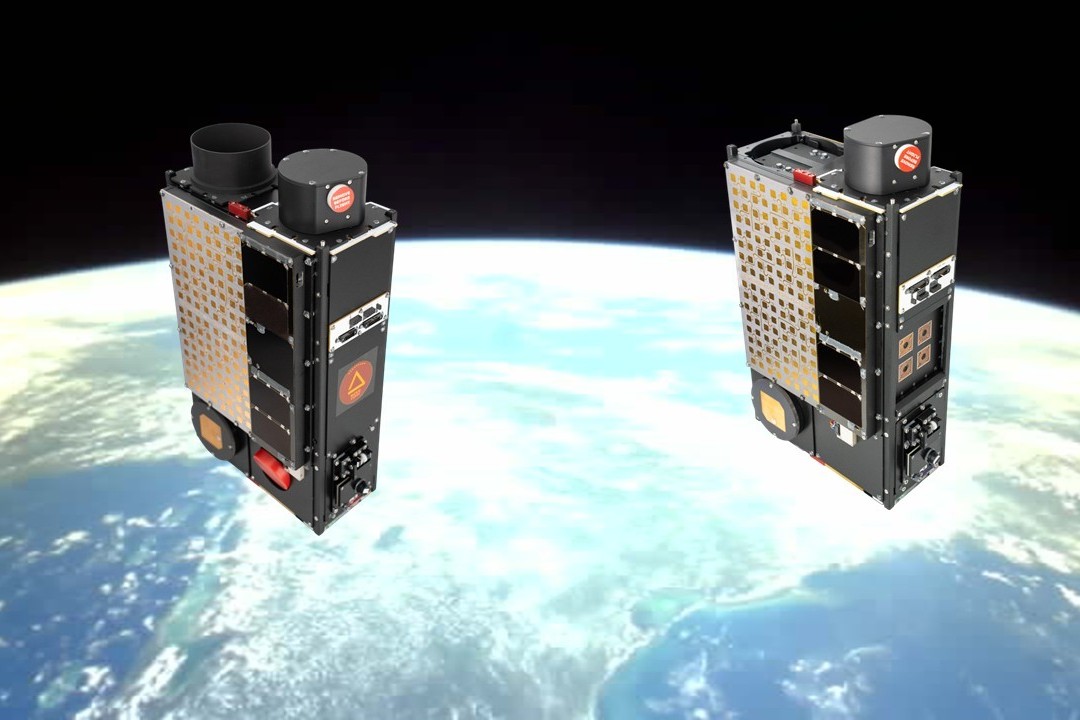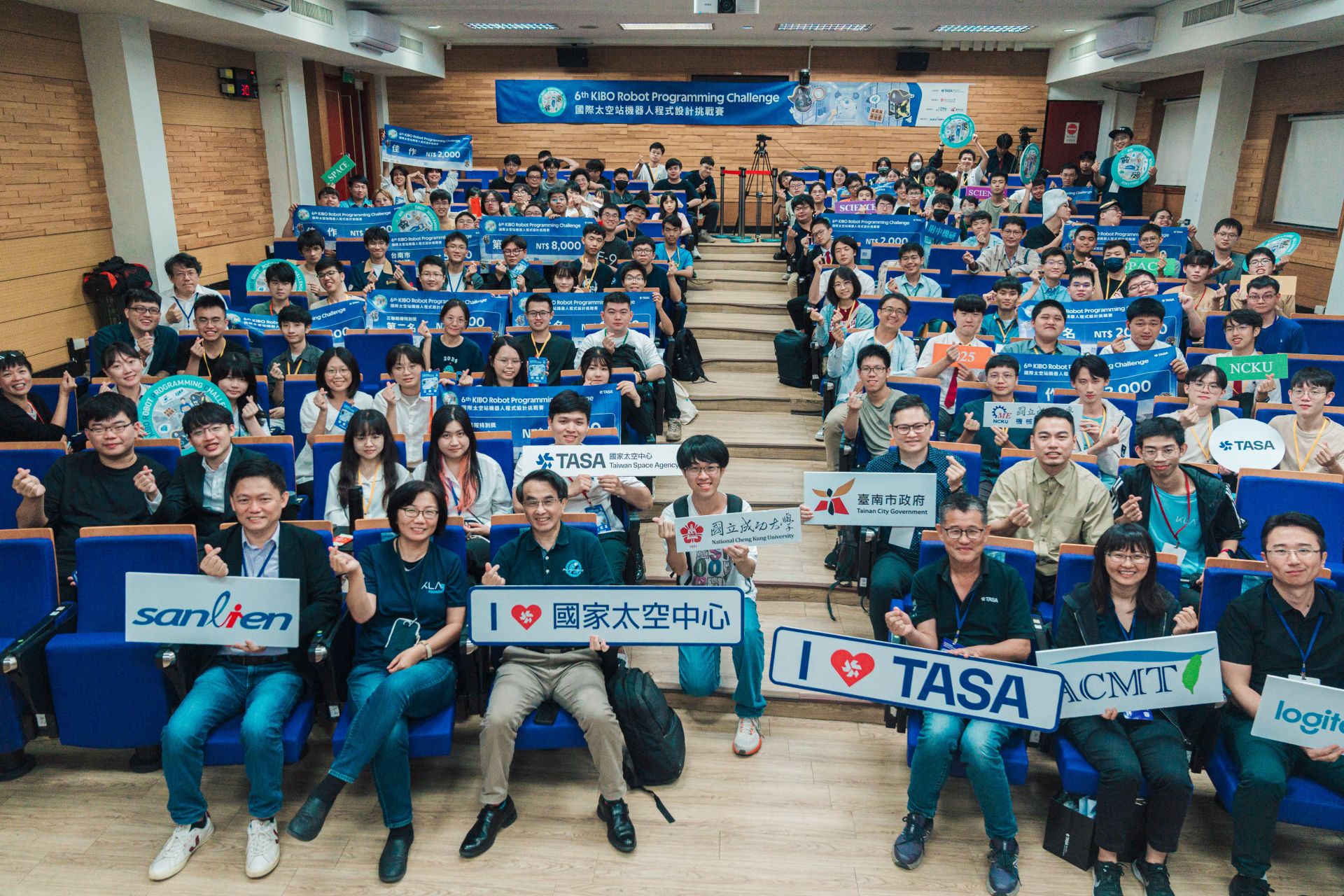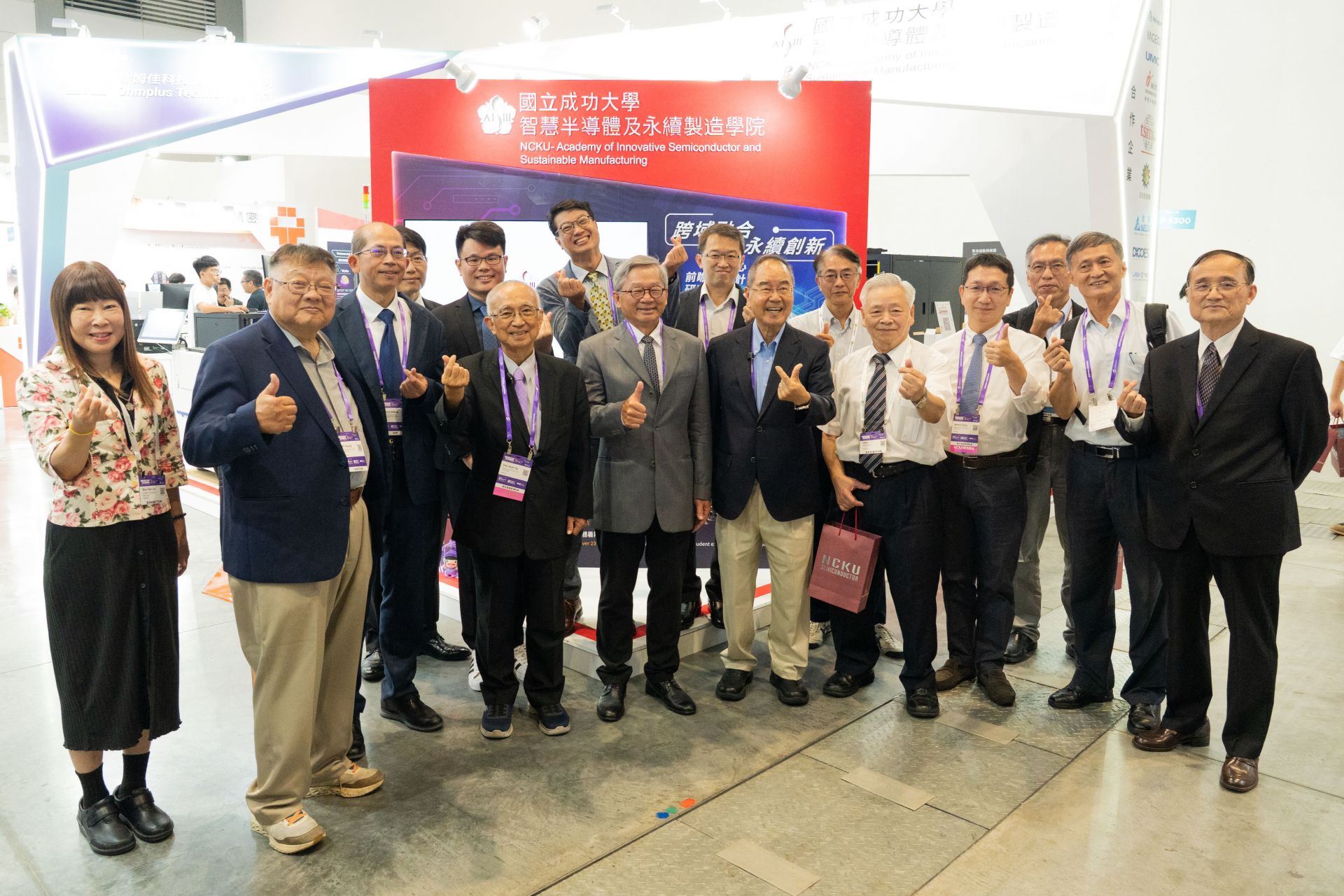SDG9
2024 Net Zero Tech International Contest: NCKU Chemical and Civil Engineering Team Wins International Award for Taiwan
The "2024 Net Zero Tech International Contest" co-organized by the TECO Technology Foundation and National Taiwan University, held its finals and awards ceremony on August 21. The competition gained significant international impact with the collaboration of the Association of Pacific Rim Universities (APRU), a leading global university organization. A total of 99 teams, comprising 998 participants from countries including the United States, Denmark, India, Indonesia, Sri Lanka, and Malaysia, competed for the grand prize of NT$6.5 million. This competition, notable for its high number of participants, entries, and prize pool, was highly competitive. The champion was the team from Virginia Polytechnic Institute and State University, with the Hong Kong University of Science and Technology team securing the runner-up position. The team from National Cheng Kung University’s Chemical Engineering and Civil Engineering departments won third place, earning Taiwan an international accolade.
The winning team, composed of Professor Wei Wu from the Chemical Engineering Department, Distinguished Professor Chi-Ming Lai from the Civil Engineering Department, Master’s students Ji-Yun Wu and Debayan Mazumdar from Chemical Engineering, as well as Qing-Hao Zeng and Chen-Yu Zhang, presented their project titled "Novel Process Design and Validation for Decreasing CO2 Emission from Cement Production Decarbonization."
The team explained that cement production is a major source of global greenhouse gas emissions, accounting for about 7% of global CO2 emissions, primarily from the decarbonization process during calcination. Their research proposed an innovative process integrating the Calcium Loop Process (CLP) and Tri-Ethylene Glycol (TEG) dehydration for capturing and purifying CO2. Additionally, the process involves Mineral Carbonation of CKD (MCCKD), where CO2 is stored in CKD and used as a cement additive. This reuse not only reduces the use of raw materials and environmental pollution but also increases cement yield.
Their research achieved CO2 capture, storage, and utilization (CCUS), resulting in 12.33% of CO2 being permanently stored in cement and 85.56% of CO2 being converted into 4N grade CO2 products, presenting a nearly net-zero emission cement process. Furthermore, this study can be integrated with traditional cement production, enabling industrial-scale low-carbon transformation and contributing to Taiwan’s 2050 net zero emission goals.
The winning team, composed of Professor Wei Wu from the Chemical Engineering Department, Distinguished Professor Chi-Ming Lai from the Civil Engineering Department, Master’s students Ji-Yun Wu and Debayan Mazumdar from Chemical Engineering, as well as Qing-Hao Zeng and Chen-Yu Zhang, presented their project titled "Novel Process Design and Validation for Decreasing CO2 Emission from Cement Production Decarbonization."
The team explained that cement production is a major source of global greenhouse gas emissions, accounting for about 7% of global CO2 emissions, primarily from the decarbonization process during calcination. Their research proposed an innovative process integrating the Calcium Loop Process (CLP) and Tri-Ethylene Glycol (TEG) dehydration for capturing and purifying CO2. Additionally, the process involves Mineral Carbonation of CKD (MCCKD), where CO2 is stored in CKD and used as a cement additive. This reuse not only reduces the use of raw materials and environmental pollution but also increases cement yield.
Their research achieved CO2 capture, storage, and utilization (CCUS), resulting in 12.33% of CO2 being permanently stored in cement and 85.56% of CO2 being converted into 4N grade CO2 products, presenting a nearly net-zero emission cement process. Furthermore, this study can be integrated with traditional cement production, enabling industrial-scale low-carbon transformation and contributing to Taiwan’s 2050 net zero emission goals.
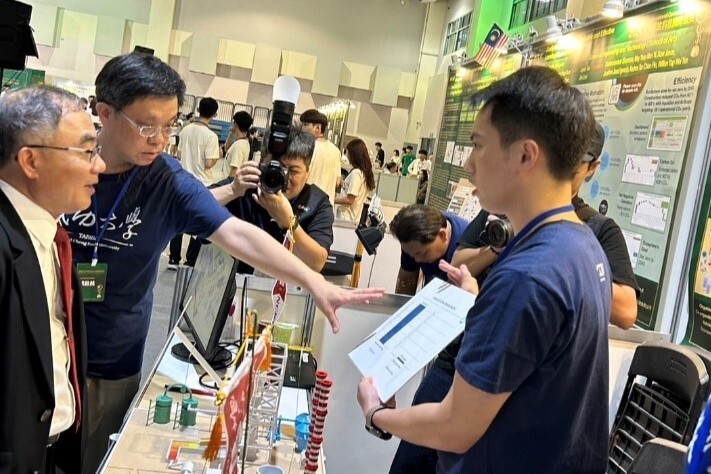
This study achieved CO₂ capture, storage, and utilization (CCUS) technology, resulting in a nearly net-zero emission cement production process, and is expected to contribute to Taiwan's 2050 net-zero emission goals.
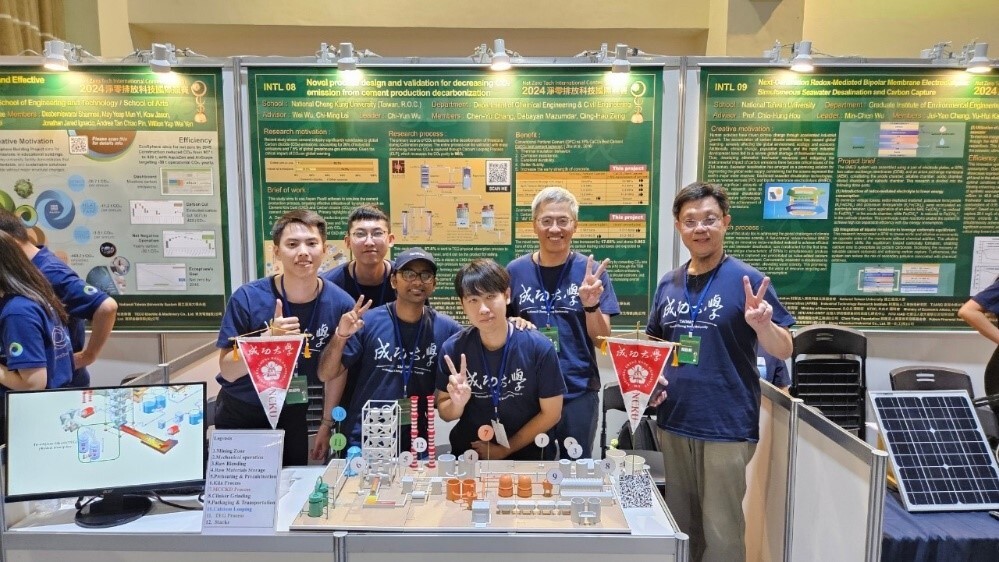
2024 Net Zero Emission Technology International Competition: NCKU Chemical Engineering and Civil Engineering Cross-disciplinary Team Wins International Award for Taiwan





